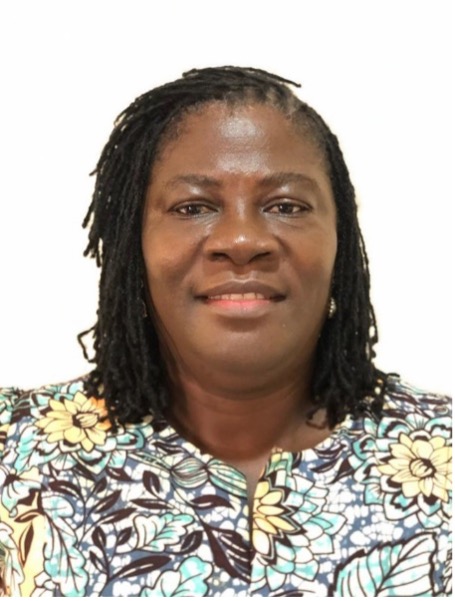Overview
Ayawaso Central Municipal is a 6 kilometers square (1459 acres) municipality located on Longitude 05°35’N and Latitude 00°06’W. It shares boundaries with Ayawaso West Municipal Assembly to the North, Korle Klottey Municipal Assembly to the South, Accra Metropolitan Assembly and Okaikwei North Municipal Assembly to the West, and Ayawaso North and Ayawaso East to the East.
The municipality has an estimated population of 102,533 (2021 PHC) with an annual growth rate of 2.1%, partly due to the influx of people from other parts of the country. The municipal has one of the vibrant economies in the Greater Accra region, with high levels of population daily influx of about 300,000 for economic activities. The municipal is the center of business when it comes to the sell and repair of phones and its accessories and other groceries. It hosts a number of manufacturing industries, oil companies, printing press companies, financial institutions, education, and other important establishments.
The municipality has about 25 local areas all located within the twelve electoral areas. The major towns within the Municipality include Kokomlemle, Alajo and Newtown, Pigfarm, and Kotobabi. These towns are linked by asphalt overlay and tarred roads. The main road and transportation mode in the Municipality is by road, with every settlement connected to the transportation network of the municipality. Less than 5% of the total length of roads in the Municipality is not tarred. On Railway transport, the main Accra-Kumasi railway line passes through the Municipality at Alajo.
Sanitation coverage in the Municipality is about 60%, which indicates that a number of people have access to some type of sanitation facilities either public or private. The main market in the area is the Mallam Atta market, which is dusty and with poor layout. The main drainage passing through the Municipal is the Odaw river, usually choked with solid waste and faecal matter, which serves as a breeding ground for mosquitoes and rodents and contributes greatly to seasonal flooding characteristic in the Municipality. This makes the incidence of malaria higher in the municipality.
The commercial sector engages the largest working population of the district, with a wide range of commodities comprising mainly of small and large format printing, agricultural produce, and industrial goods. The major marketing centers are Accra Newtown and Circle, with some modern infrastructures provided at these areas.
Housing in the Municipal is mostly privately owned, with most structures being old structures over fifteen years old. There is, however, evidence of new structures less than five years old. Most housing structures have shops/stores for retailing with inadequate or no provision for parking, making the already narrow roads in the municipal congested creating a lot of traffic jams.
Water Supply is provided by Ghana Water Company Limited (GWCL), which is the main source of clean portable water to most homes in the Municipal. Many upper and middle-income households have installed water storage tanks to cope with interruptions in water supply, while others, water vendors, use this as a source of business and re-sell the stored water in times of water shortage. Electric supply is from the main distribution of the Electricity Company of Ghana, and most institutions and households have generators to deal with intermittent power supply.
Recreation in the Municipal is limited to mini drinking spots and bars, but there are various recreational centers for children. The main area for recreation is located at Kwame Nkrumah Circle, popularly known as Circle in the Alajo sub-district of ACMA.
Education is one of the major inputs to human development and has a direct linkage to growth and poverty reduction. The Municipal has 24 public institutions and about 80 private institutions, including a public and three privately owned Secondary Technical schools.
Health service delivery is provided by the Municipal’s main government clinic, Mallam Atta Government Clinic, nine private health facilities, one CHAG clinic, one Maternity home, seventeen functional CHPS zones, and nineteen outreach points. The most popular NGO in the Municipal is Marie Stopes, which offers sexual and reproductive healthcare services including post-abortion care, STI Testing, and contraceptives.



